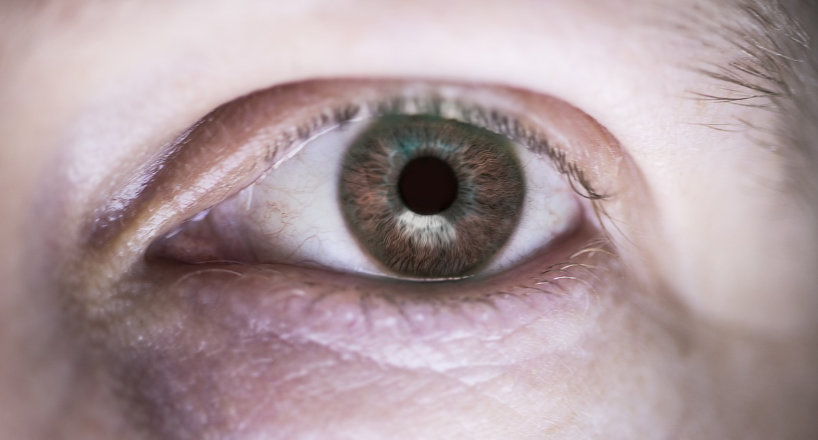Glaucoma Test
Glaucoma is a serious eye condition that can lead to vision loss and blindness if left untreated. Early detection is key in managing glaucoma and preserving vision, which is why regular eye exams that include a glaucoma test are so important. A glaucoma test is a simple and non-invasive procedure that measures the pressure inside the eye and checks for any damage to the optic nerve. In this blog post, we will discuss the various types of glaucoma tests available and how they work.
How Does Glaucoma Testing Work?
An ophthalmoscope is a medical device used by eye care professionals to examine the interior of the eye, specifically the retina and optic nerve. This critical tool in eye care has been in use for over a century and is a crucial component of a comprehensive eye exam. In this blog post, we will discuss how an ophthalmoscope works and the benefits it provides in maintaining eye health.
The ophthalmoscope consists of a light source and a series of lenses that allow the healthcare provider to focus the light on the retina. The eye care professional looks through the ophthalmoscope while shining the light into the patient’s eye. This provides a clear view of the retina and allows the healthcare provider to detect any abnormalities or eye conditions.
The ophthalmoscope is especially useful in detecting conditions such as age-related macular degeneration, diabetic retinopathy, and glaucoma, among others. By detecting these conditions early, eye care professionals can develop a treatment plan to preserve vision and prevent vision loss.
In recent years, advances in technology have resulted in improved visualization and diagnostic capabilities of the ophthalmoscope. For example, some ophthalmoscopes now include digital cameras and image capture capabilities, allowing for detailed images of the retina to be stored and compared over time.

In conclusion, the ophthalmoscope is a valuable tool in maintaining eye health and preserving vision. By providing a clear view of the retina, it allows healthcare providers to detect eye conditions early and develop an appropriate treatment plan. If you have not had a recent eye exam, consider asking your eye care professional if an ophthalmoscope exam is right for you. Regular eye exams and early detection of eye conditions are critical to maintaining good eye health and preserving vision.